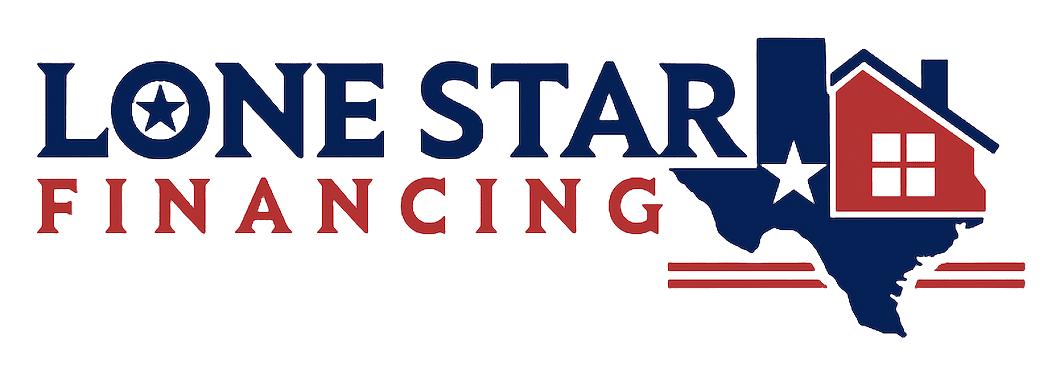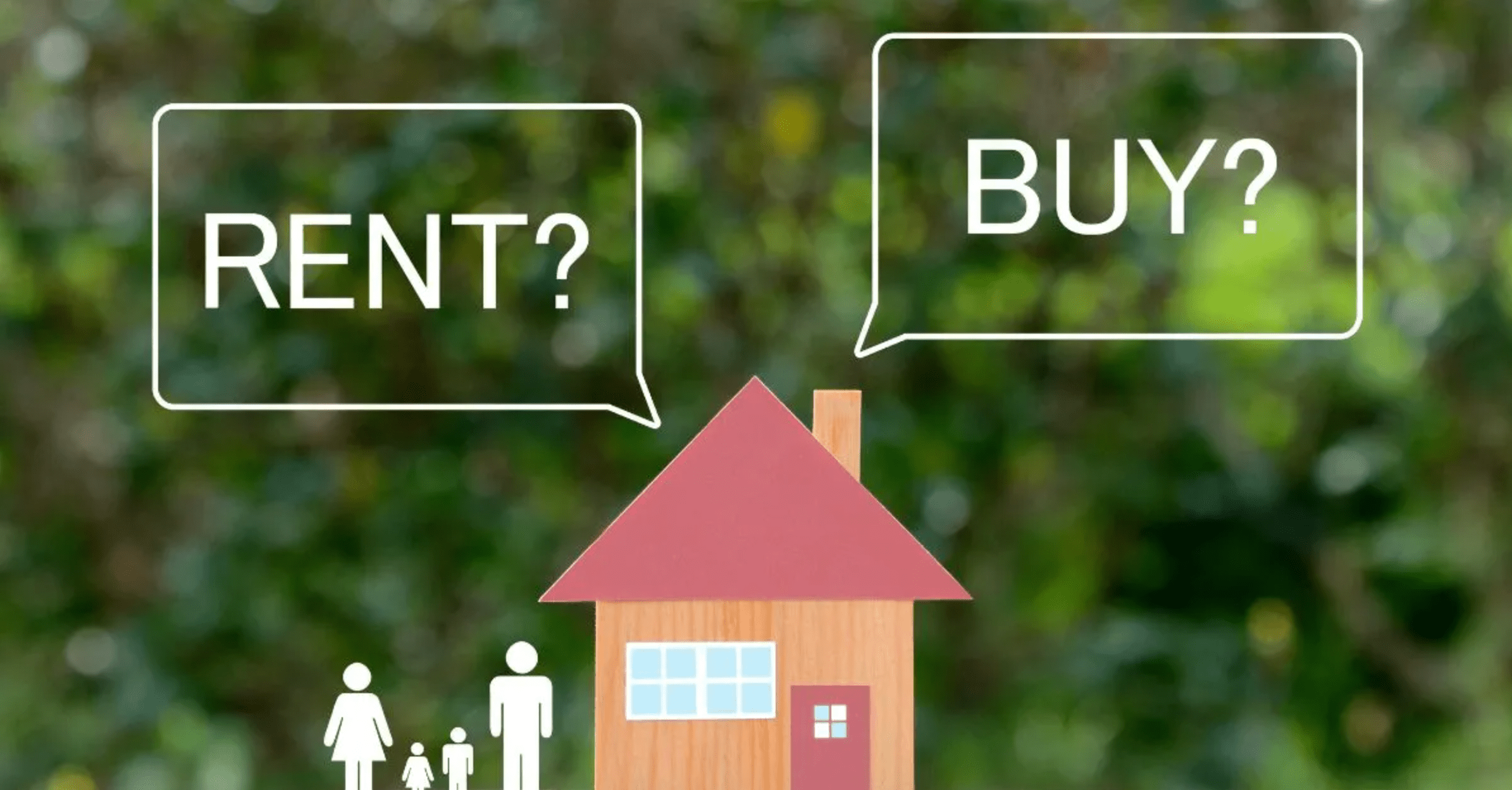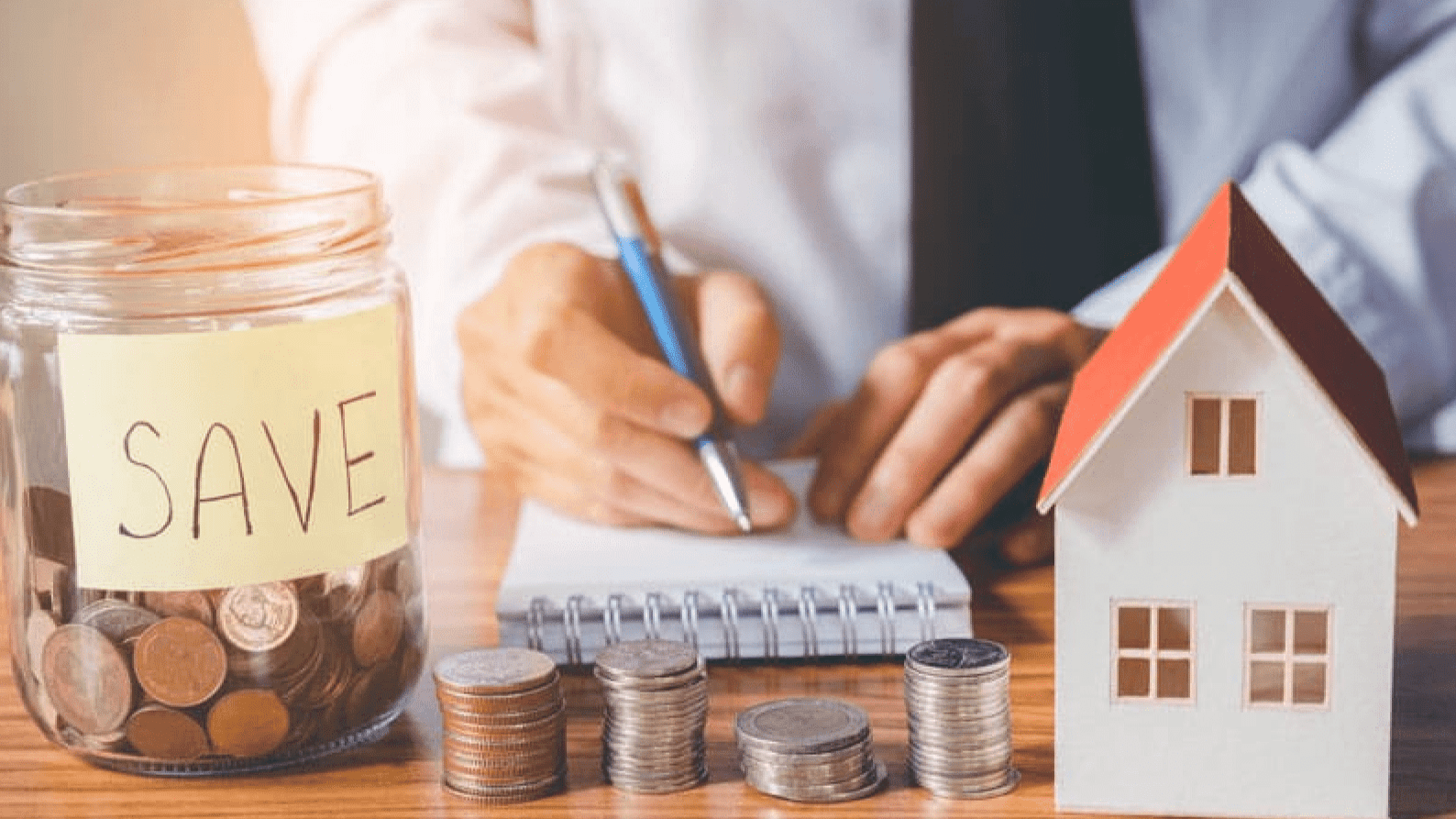After a few years and perhaps discovering more financial flexibility, many homeowners begin to wonder if they should make extra mortgage payments. The thinking is that extra payments can save in interest and bring you closer to actually owning your home. While this is a good idea, there are also reasons why you might not want to go that route. It’s a decision every homeowner has to make on their own, but here are a few pointers to help you out.
Though you’ve been making payments for a while, let’s review how a mortgage is calculated. Your loan amount times the interest rate each month is the monthly payment that you’re responsible for paying. Your monthly payments consist of principal, interest, real estate taxes, and mortgage insurance (if your loan required any).
You’ll pay more towards the interest portion of your mortgage payments, the higher the interest rate attached to your mortgage is. The opposite is also true. Each month, the interest rate is calculated based upon the current outstanding loan amount. Each month that a mortgage payment is made, the portion dedicated your principal increases, and the portion dedicated to interest decreases.
Pros
Making more than just your monthly payment can reap plenty of benefits for you, if paying off your mortgage sooner rather than later is on your agenda.
Lower interest paid amount
If you direct all of your extra mortgage payments towards the principal, the principal amount of the loan will be reduced as well as the amount of interest paid over the term of the loan. If you plan on your home being your final and only home, paying down your mortgage provides the biggest return on investment.
For example: by the end of the mortgage term, if you have a 30-year fixed-rate mortgage of $300,000 at a 4% rate, you’ll have paid $215,608.52 towards the interest only. Whereas if you make extra payments of $300 each month, you will have contributed $148,215.00 towards interest instead for a savings of $67,393.52.
Mortgage free sooner
Making the payments in the example above, you would be mortgage free roughly 8½ years earlier. So not only do you lower your interest, you complete your mortgage in less than 30 years as well.
Equity
Building up equity in your home comes from the amount of money that you put towards the principal amount of your loan automatically. The equity savings in your home accrue each month when you save interest on a mortgage by making extra payments. The moment the extra payment is made, those payments allow you to build equity. You can then use the equity in your home through a refinance or upon the sale of your property.
Cons
Making more money over the short- and long-term through investments that yield a higher return, is an argument made against overpaying a mortgage. That investable money would otherwise be stuck in a home loan.
Investments
Many homeowners have been choosing to put their hard-earned money into investments rather than paying their mortgage off early, with interest rates hovering around historical lows over the past few years. In order to free up additional capital to invest, many homeowners are actually extending the term of their home loans. If the interest rate you’re currently paying on your home is less than the interest you’d be making in your investment vehicle of choice, is the only way this would work.
Let’s rework our previous numbers as an example. You currently have a 30-year fixed-rate mortgage of $300,000 at a 4% rate. If you invest that $300 per month, rather than paying more on your mortgage, and made that amount work for you with an 8% return, and that amount remains steady, you could potentially end up with $425,000. There is always the risk the 8% return will fluctuate because market conditions usually do.
Diversification
A home is a major component of a person’s overall assets. You’re not increasing your assets’ worth by paying off your mortgage early. You’re missing out on the chance to diversify your investments and value of your assets, even though you’re becoming mortgage free sooner.
Tax breaks
The less money you’ve got in your hands to take advantage of tax deductions, the sooner your mortgage is paid off. Tax money that is saved through mortgage deductions can be significant. You may even lose a little bit of money in the coming years when you pay off your mortgage early.
Paying a mortgage off does not come without risks. There is the risk of opportunity cost—that the return on an equal amount of money invested in stocks could be more beneficial than paying off your mortgage early. There is also the risk that you could face a prolonged career crisis that a large home equity position won’t help.
Lone Star Financing Can Help
At Lone Star Financing, we are a Texas-based mortgage company. We want to help you through every step of financing your new home. Fill out the quick contact form or call Lone Star Financing today at 1-800-960-4565 to speak with one of our Texas mortgage specialists and get a free good faith estimate.



